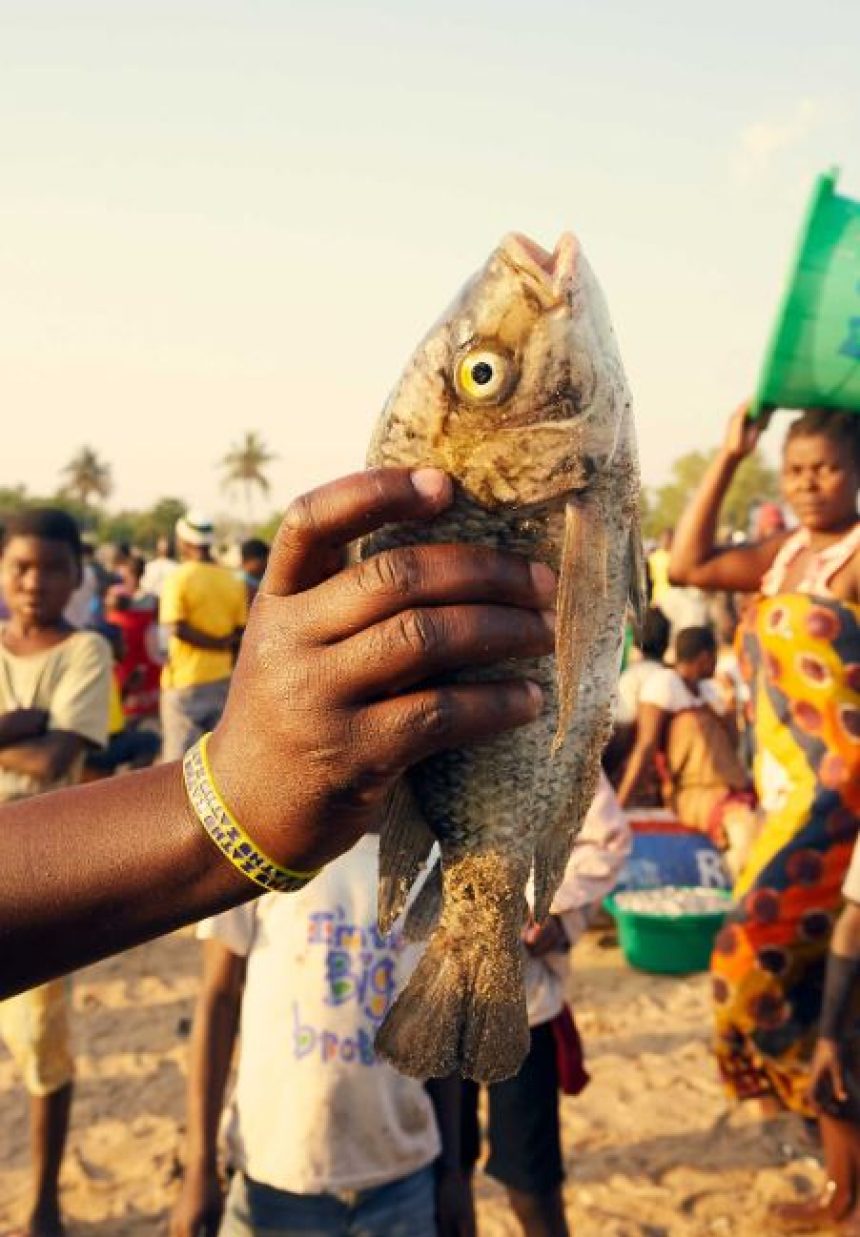In October 2018, Catherine (actual name withheld) visited a fishing camp in the Luwuchi settlement on the banks of Lake Malawi three days in a row to purchase usipa, a type of fish that is popular there.
The fisherman she approached on each occasion demanded sex in exchange for their services rather than payment, so the widowed mother of three always came away empty-handed.
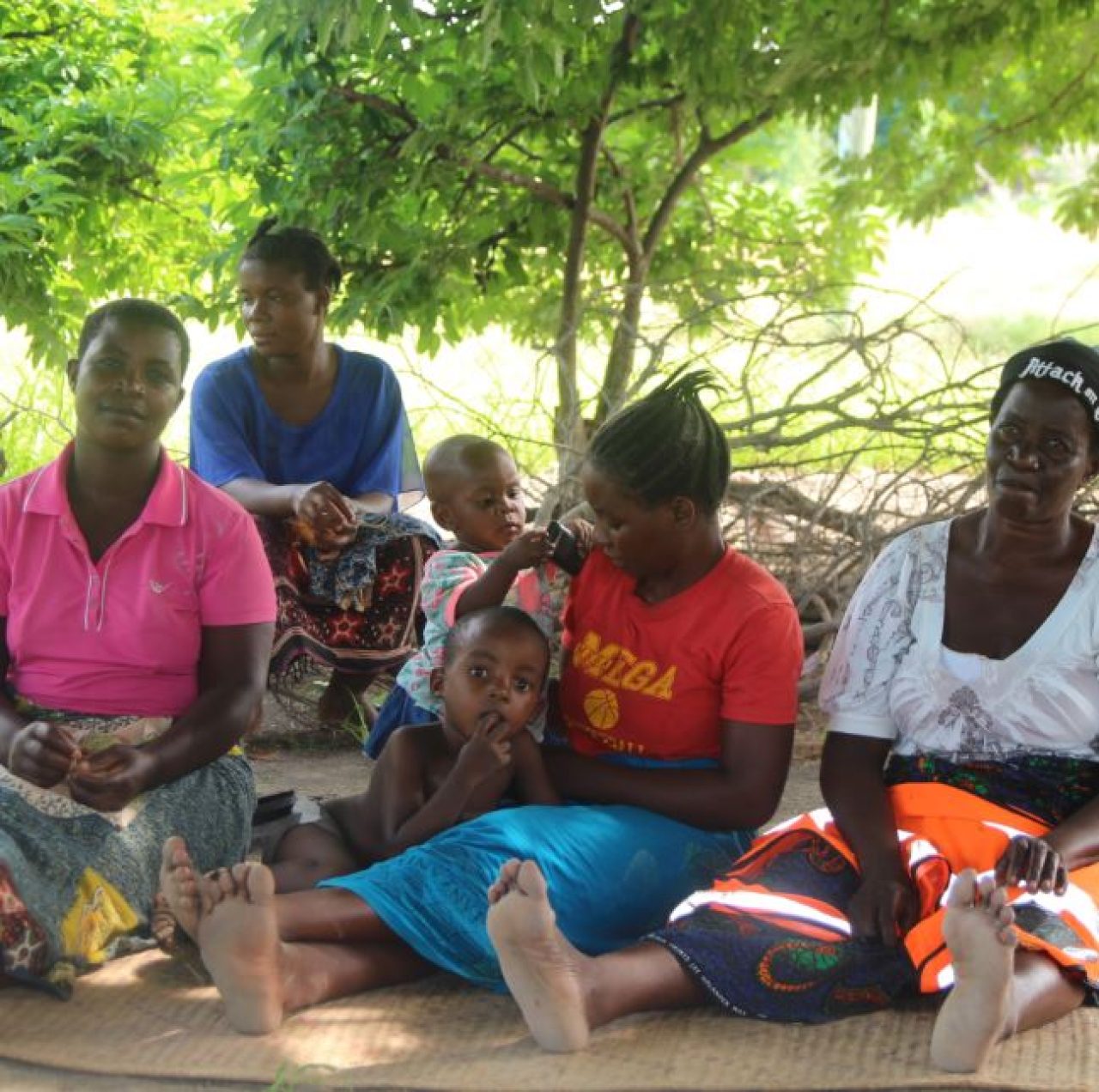
“I always refused but then life was becoming very hard for me and my children [and] I was in desperate need of making sales since the [fish-selling] business was my only source of income,” Catherine, now 44, told Al Jazeera.
“The next day, I went back to the beach and when the first fisherman demanded sex in exchange for usipa, I had to comply.”
The fishing industry, which employs more than 50,000 people in Malawi, generated at least 4% of GDP in 2021, according to the government’s annual economic report.
According to scientists, overfishing and climate change are the main causes of the current decline in fish population.
According to Fanuel Kapute, associate professor of fisheries and aquatic science at Mzuzu University in northern Malawi, that decline has turned into a major factor for transactional sex throughout Malawi’s lakeshore districts, where fishing is a way of life and a source of income. This is especially true in markets where many buyers are poor women.
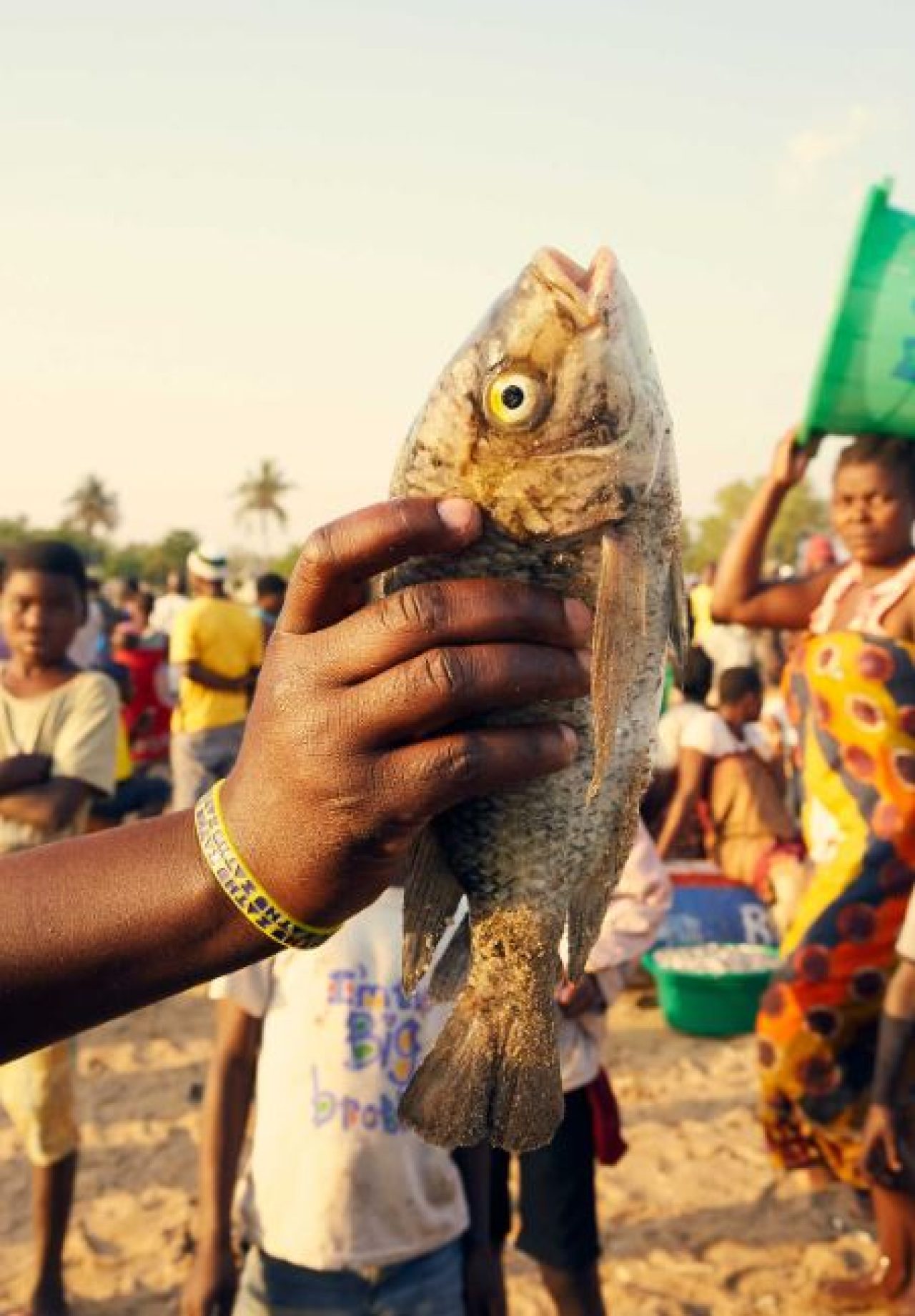
“The practice is worse during the lean season around November and December,” he told Al Jazeera. “This is when the catches of usipa are significantly low, and competition is high.”
Despite admitting that he knows several fishermen in Luwuchi who participate in transactional sex, Frank Nkhani, a fisherman since 2012, claims to have never done so. He claimed that some women also approach the fisherman and offer themselves.
“Some do not have the money at all so they just say they will pay through sex to get the fish,” he said.
The precise number of fishermen and fish dealers that engage in transactional sex is difficult to estimate because many incidents go unreported due to the practice’s covert nature.
But many of the participants in the sex-for-fish practice are now at risk for HIV/AIDS, according to Othaniel Duwe, a fisheries extension worker at the Rumphi district fisheries department.
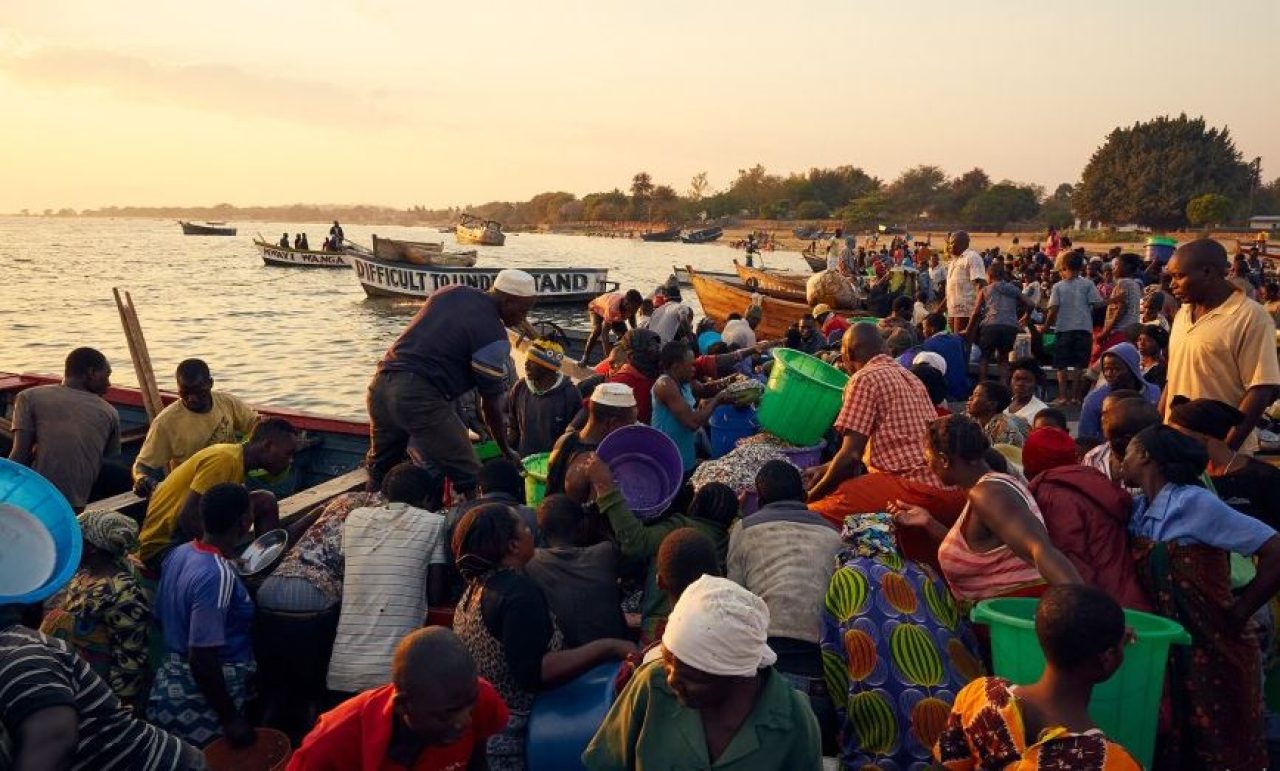
“Many fishers migrate from one fishing camp to the next, if they have the virus, they can bring it into a community or they can be infected during their travels,” he said.
Catherine had aspirations of becoming a teacher, but events changed her plans. She stopped attending secondary school after finding out she was expecting her first kid at age 21. She started her fish-selling business two years later, according to Al Jazeera.
In 2017, after her clinical officer husband passed away from malaria, Catherine became the family’s lone provider. Since she had no other income, she felt helpless.
“When I didn’t make any sales or buy fish from the fishermen [then], my husband would take care of us,” she said. “[After he died,] I could not stop selling fish because it was the only way I could make money.”
In order to get fish more conveniently and occasionally to purchase it at a reduced price, she started having transactional sex with multiple guys in 2018.
That changed last year after Kate Mwafulirwa, a woman from Luwuchi, introduced her to a women’s cooperative by the name of Titukulane, which in Chichewa means “uplift each other.”
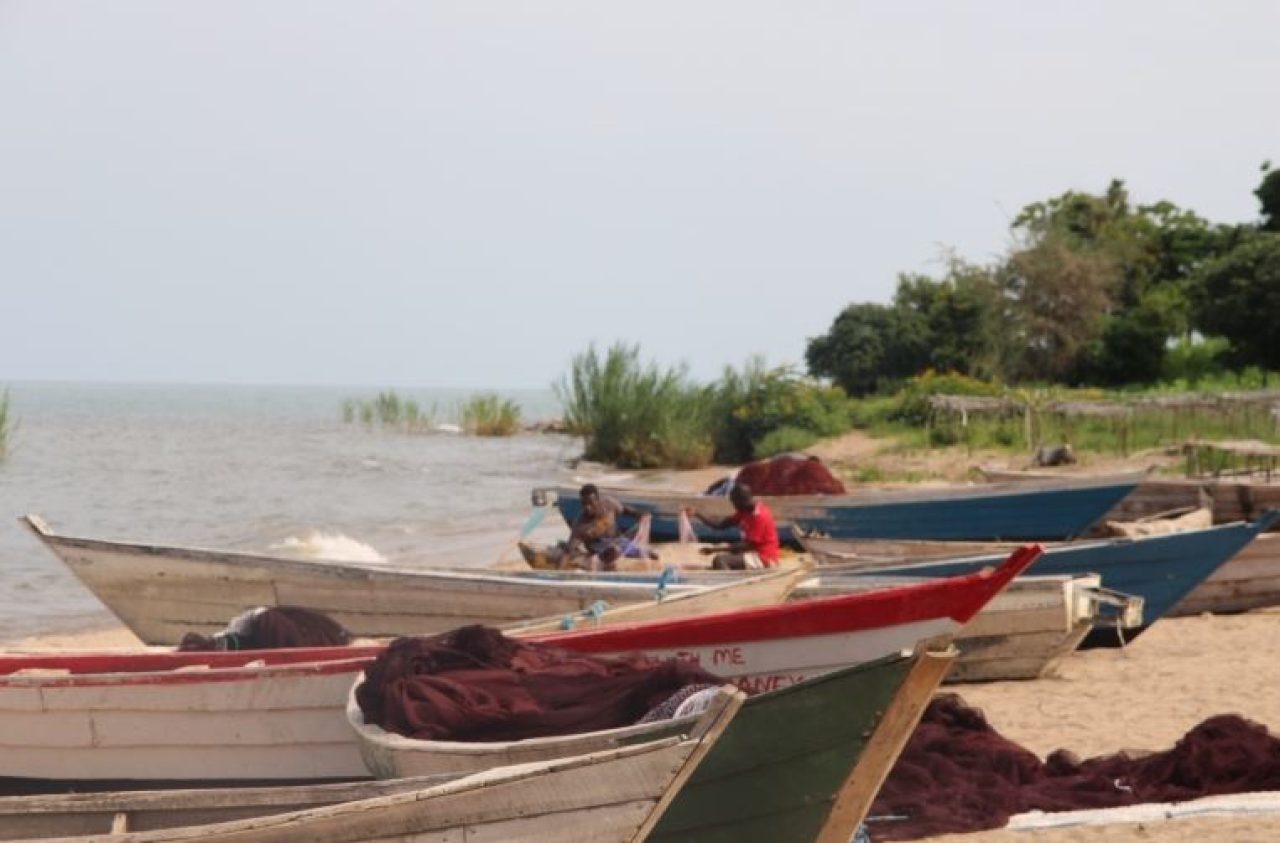
The cooperative’s 30-person staff is led by Mwafulirwa, 58, and it started last year. She is the primary breadwinner for her family, unlike Catherine, but for a senile husband and seven kids. When Mwafulirwa began her fish-selling company in the 1980s, sex for fish trading was not as common as it is now, according to her.
Despite her refusal to partake in the practice, even at her age, Mwafulirwa sometimes still faces demands from young fishermen seeking sexual favours in exchange for fish. These requests have been “very embarrassing and very demeaning”, she told Al Jazeera.
So far, the project has established 33 women cooperatives in all lakeshore districts in the country.
“Apart from economic empowerment, we also want these women to be aware that sex for fish is exploitation, and they must rise up against it,” Sain Muskambo, programme manager for Find Your Feet, told Al Jazeera.
Malawi has a Gender Equality Act that prohibits sexual harassment with a penalty of 1 million kwacha (approximately $974) and a five-year jail term. But it has barely been enforced and information about it is hardly disseminated in rural areas.
Source: AL JAZEERA
